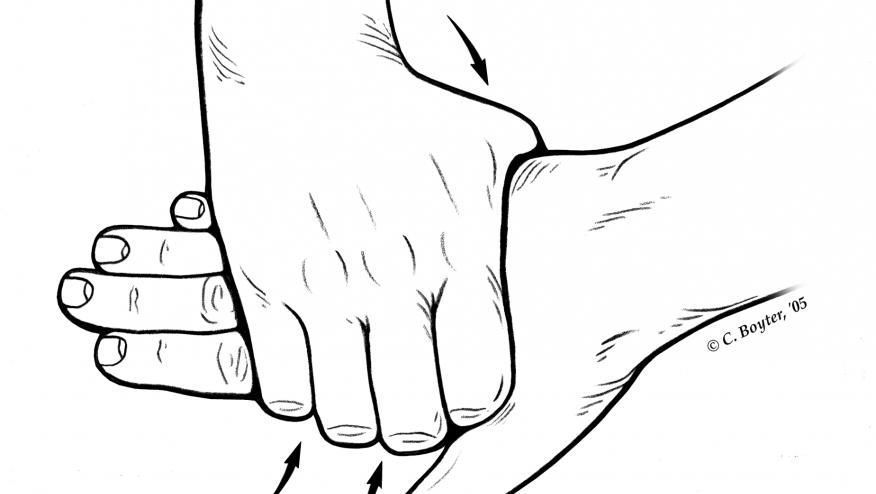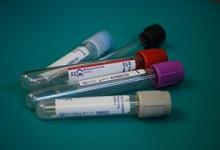Criteria for Early Referrals from Primary Care Save

Early diagnosis and early intervention has been the mantra of all who manage musculoskeletal (MSK) diseases for decades. While the rules for referral may be clear to some, the lack of uniformity and promotion amongst primary care providers is less certain.
This issue was analyzed by a group of investigators who set out to identify and validate criteria that could be used by primary care physicians (PCPs) to identify patients appropriate for referral to a rheumatologist.
A total of 203 patients were enrolled from various centers in Saudi Arabia. Inclusion criteria mandated they be ≥18 years of age and present to a PCP with small joint pain present for more than 6 weeks. Patients were excluded if they had an established rheumatic diagnosis or osteoarthritis of the hands. Participating PCPs were required to have 2 days of rheumatologic exam training prior to study start. Data were analyzed to assess the predictive value of a wide variety of demographic variables, patient complaints, physical examination findings and biomarkers.
They identified 9 variables with high specificity and predictive value (for ultimate inflammatory arthritis):
- loss of appetite,
- swelling of metacarpophalangeal joint 2 or 5,
- swelling of proximal inter-phalangeal joint 2 or 3,
- wrist swelling, wrist tenderness,
- a positive test for rheumatoid factor, or
- positive test for anti-citrullinated protein antibodies.
It appears their threshold for inclusion were a specificity greater than 90% in combination with a good PPV (>75%) and likelihood ratio (>~2).
They recommend these variable for PCPs to use in making appropriate early referrals of patients with suspected inflammatory arthritis. Moreover, routine testing for RF and ACPA should be performed in patients suspected of having inflammatory arthritis.
Many are also familiar with the Emery criteria for early referral (of suspected rheumatoid arthritis)
- ≥3 swollen joints;
- a positive MCP squeeze test, and
- morning stiffness of ≥30 minutes
While instructive, these have not been rigorously tested. In addition many of these variables are not routinely done in practice. A Dutch study of 44,350 general practice patients analyzed 126 patients who were diagnosed with inflammatory arthritis. Analysis of patient records show that half to two-thirds had recorded complaints of symptom duration, joint location, swelling, redness and warmth. But morning stiffness (20%), family history (18%) or the MCP squeeze-test (17%) were seldom recorded in these inflammatory patients. Similarly acute phase reactants (40-46%) and serologic testing (8-11%) were found in low frequency. Only 67% of these were referred to secondary care.
These tools, and others, need to be further tested and widely advocated to promote earlier referral and better management of early inflammatory arthritis.










If you are a health practitioner, you may Login/Register to comment.
Due to the nature of these comment forums, only health practitioners are allowed to comment at this time.